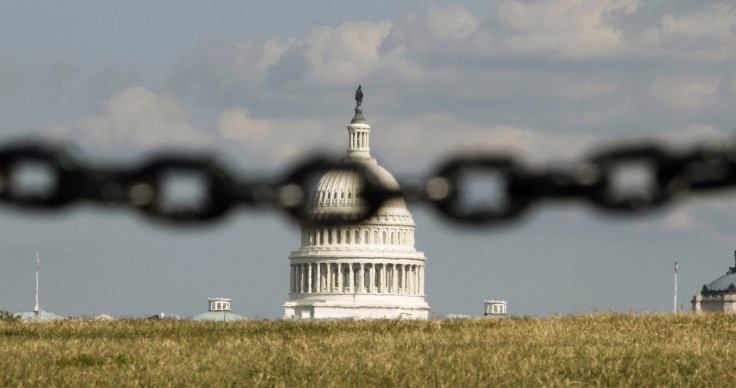What Happens When Politics Puts Companies At Risk?

America’s first president without prior public sector experience has sent share prices in careening in various directions with a tweet or two, and has engulfed CEOs in glory or ignominy with insults or inclusion in his litany of advisory councils. In a nutshell, Donald Trump has put many companies and their leaders — including Uber Technologies Inc., Facebook Inc., Lockheed Martin Corp. and Boeing Co., to name a few — at risk.
A new study from researchers in the U.S. and Europe seeks to predict what those companies do in response.
Uber CEO Travis Kalanick has resigned from Trump's economic advisory council because of the financial losses.
— Aaron Vallely (@Vallmeister) February 2, 2017
Hit them right in the money.
Measuring firms’ political risk by examining the frequency with which executives mention political topics during their quarterly earnings conference calls, the authors found that, when corporations face threats of, say, a government shutdown or the U.K.’s exit from the European Union, they use the tools at their disposal to make their circumstances more favorable.
Those tools include freezes on hiring and investment, but also upticks in lobbying, campaign finance and “forg[ing] links to politicians,” according to the study, which was published this week in the National Bureau of Economic Research. Perhaps more worrisome for those in favor of a government free of private sector influence, they found, was that “such active engagement in the political process is primarily concentrated among larger firms.”
The effects of political risk, according to the authors — from Boston University; Tilburg University, in the Netherlands; the Frankfurt School of Finance and Management, in Germany, and the London Business School — varied across firms that shared a sector or industry. This variation, they wrote, indicated “that the economic impact of political risk is not well described by conventional models in which individual firms have relatively stable exposures to aggregate political risk.”
Put simply, a single oil company’s reaction to tax reform or stricter environmental protection measures, for example, may differ substantially from the energy market’s response, let alone that of the private sector as a whole. And the bigger the corporation, the more effort it pours into government influence.
The implications extend beyond the potential for private companies to pay for greater influence over policy than regular American citizens. Money spent on campaign finance and lobbying represents a “socially wasteful diversion of resources,” the authors wrote. Slowing productivity by halting hiring and investment, meanwhile, can stunt the economy, depending on the size of the firm in question or the number of companies responding to political discord.
© Copyright IBTimes 2024. All rights reserved.






















